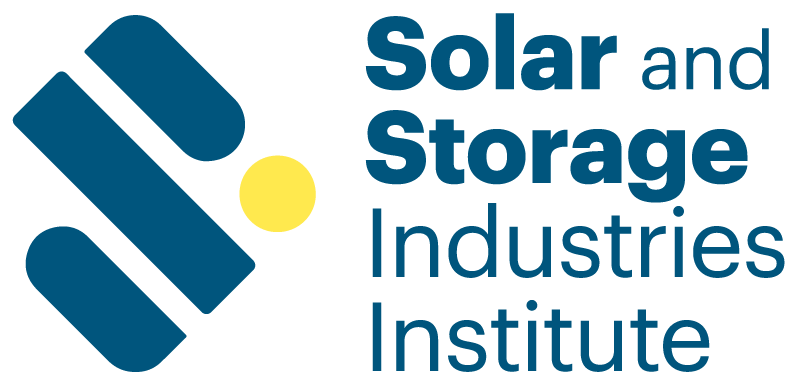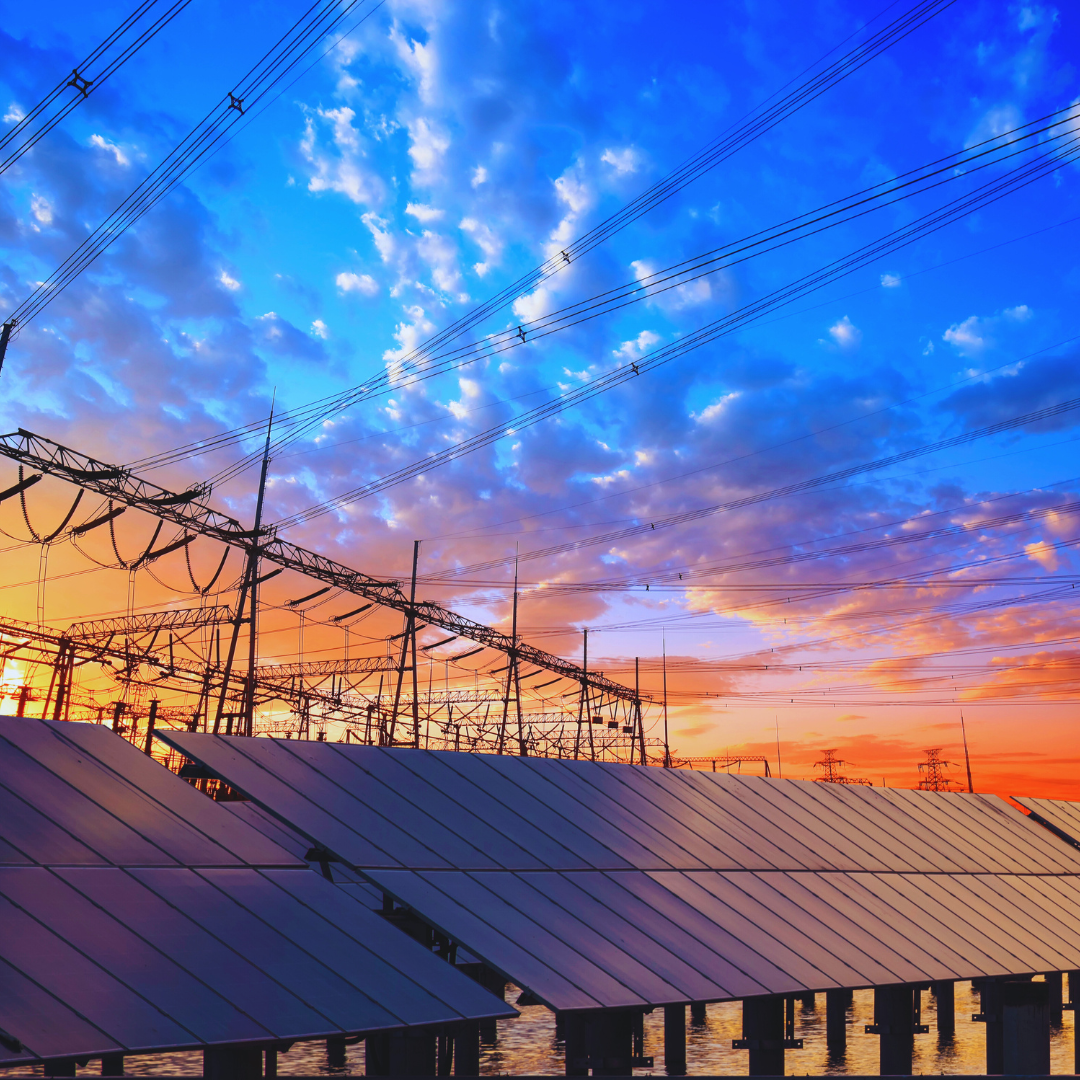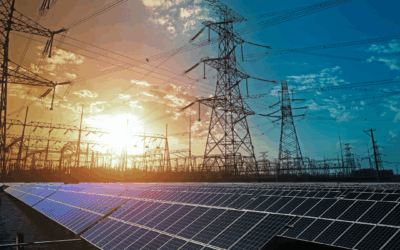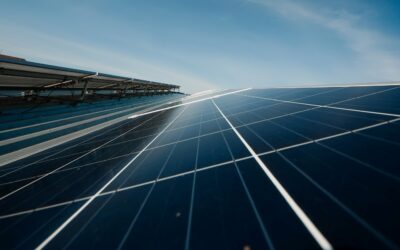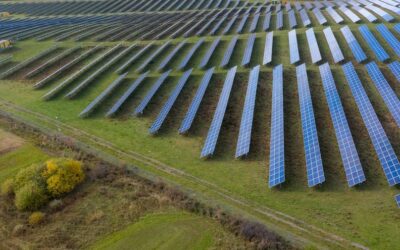Analysis Highlights How Southwest Power Pool Is Putting SI2’s “Game-Changing Interconnection Reform” Framework Into Practice
The Solar and Storage Industries Institute (SI2) today released a new report, Interconnection Reform: How One Grid Operator Is Changing the Game. The report details how the Southwest Power Pool’s (SPP) Consolidated Planning Proposal (CPP) — now under consideration by the Federal Energy Regulatory Commission (FERC) — is putting into practice the interconnection and planning reforms long advanced by SI2. Initial comments on the SPP proposal are due to FERC on November 24.
“Southwest Power Pool’s proposal is one of the most comprehensive attempts we’ve seen to link the transmission planning process with the interconnection process and more efficiently assign interconnection costs,” said David Gahl, executive director of the Solar and Storage Industries Institute (SI2). “This is what “game-changing interconnection reform” looks like in practice and other grid operators should look closely at this proposal.”
Today’s report builds on SI2’s 2024 report, Game Changing Interconnection Reform, that calls for deeper coordination between regional planning and queue management, along with a rethinking of cost-allocation with an “entry fee” model. SI2 urges grid operators to integrate long-term transmission planning with interconnection processes and adopt an “entry fee” structure to simplify costs and reduce risk for developers. SI2’s new analysis details how SPP has operationalized this approach and identifies key questions for implementation.
The need for additional interconnection reform remains urgent. Despite federal action under Federal Energy Regulatory Commission (FERC) Order 2023, 2,300 gigawatts of projects remain stuck in interconnection backlogs, nearly twice the total electric capacity operating today in the United States. Solar and storage projects make up 80% of this backlog, slowing progress on clean energy deployment and increasing costs for developers and American households and businesses.
SI2’s recommendations outlined in Game Changing Reform along with SPP’s CPP, directly address these challenges. Synchronizing long-term transmission planning with interconnection, and then developing a more reasonable fee structure that helps fund transmission build out, works to guarantee project completion and providing developers with the long sought after predictability.
“Solar and storage continue to deliver competitive, reliable power, and public support remains strong,” Gahl said. “Fixing interconnection is essential to meeting rising energy demand and ensuring American households and businesses have access to affordable clean energy.”
View full report here.
